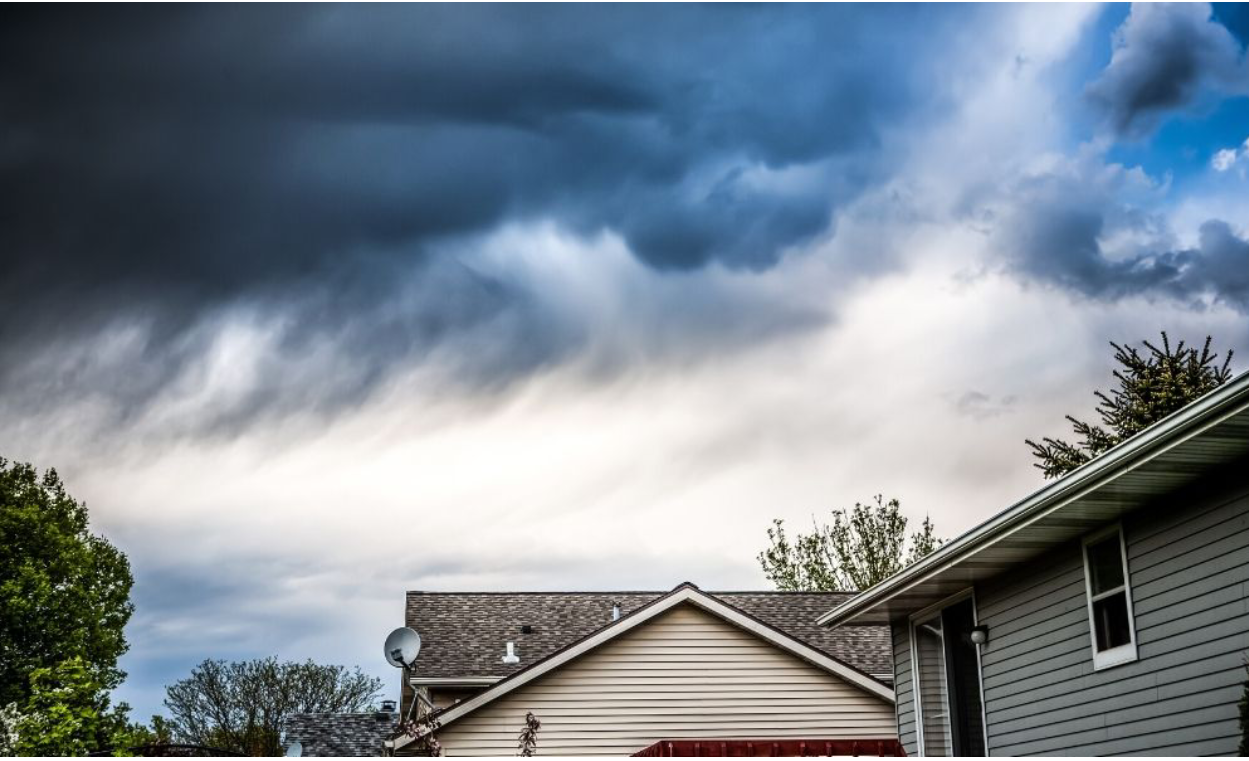The short answer to this question is, yes, weather conditions can potentially impact the performance and speed of your Internet connection. But to what degree and under what circumstances? Let’s delve deeper into the subject.
1. Types of Internet Connections
Before discussing the impact of weather, it’s crucial to understand the types of Internet connections:Wired Connections (DSL, Cable, and Fiber Optic): These involve physical cables (copper or fiber-optic) running from the Internet Service Provider (ISP) to your home or office.Wireless Connections (Satellite, Wi-Fi, Cellular 4G/5G): These rely on radio waves to transmit data from the ISP to the user. Check your internet speed with the help of türk telekom hız testi.
2. How Weather Affects Different Connectionsa) Wired Connections
While wired connections are generally more resistant to weather conditions than wireless ones, they are not immune:
Flooding: If water gets into underground conduits or submerges key infrastructure components, it can disrupt wired connections.
Cold Temperatures: In extreme cold, cables can become brittle and more susceptible to breaks or cracks.
Natural Disasters: Earthquakes, landslides, and other related phenomena can physically damage cables.
b) Wireless Connections
Weather can have a pronounced effect on wireless connections:
Rain & Snow: Water droplets can absorb or scatter radio waves, degrading the signal strength. This is particularly impactful for satellite internet users, where signals have to travel through the atmosphere. This phenomenon is sometimes referred to as “rain fade.”
Fog: Water droplets in fog can similarly absorb and scatter radio waves.
Wind: Strong winds can move satellite dishes or antennas out of alignment, impacting the connection.
Temperature: Very high or low temperatures can affect the performance of wireless equipment, such as routers and antennas.
Solar Flares: Though not weather in the traditional sense, solar flares can disrupt satellite communications by creating increased ionization in the Earth’s atmosphere.
3. Indirect Effects of Weather on Internet
SpeedPower Outages: Severe weather events can lead to power outages, which in turn can affect local Internet infrastructure. Even if you have power at home, your ISP’s equipment might be affected, leading to outages or reduced speeds.
Increased Usage: During inclement weather, many individuals may choose to stay indoors and use the Internet, leading to potential network congestion and reduced speeds. Also, read TTNET Müşteri Hizmetleri.
4. How to Mitigate the Effects
While we can’t control the weather, users can take some measures to reduce its impact:
Install Protective Equipment: Surge protectors can safeguard equipment from lightning strikes.
Secure Outdoor Equipment: Ensure that antennas or satellite dishes are securely mounted and protected from the elements.
Backup Power: Consider investing in a UPS (Uninterruptible Power Supply) to keep essential equipment running during short power outages.
Choose the Right Plan and Provider: If you live in an area frequently affected by severe weather, you may want to opt for a wired Internet connection or choose a provider with robust infrastructure.While weather conditions can affect Internet speed and performance, the extent of the impact largely depends on the type of connection and the severity of the weather. By understanding potential issues and proactively taking measures to counteract them, users can ensure a more stable and reliable online experience.




